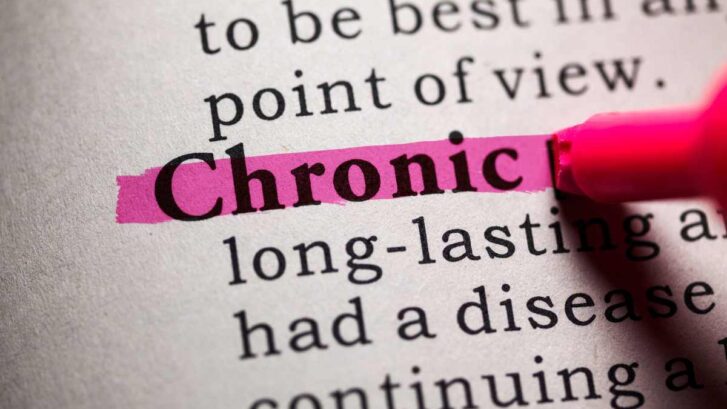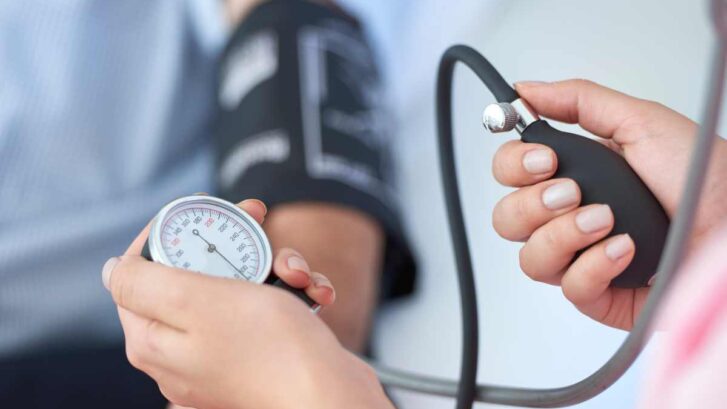Burns – When to Visit an Urgent Care
According to a recent study by the American Burn Association, an estimated 486,000 people visit the emergency room for burn-related injuries every year. While many of these burns can be treated at home, there are certain instances when seeking immediate medical care is crucial.
In this blog post, we’ll explore the topic of burns and discuss when to visit an urgent care center for treatment. From the type and severity of the burn to the location and symptoms, we’ll examine the key factors to consider when determining whether you should seek medical attention for a burn. So, let’s save time and decide when to visit an urgent care center for burns.
Types of Burns
Burns are classified into three main types: first-degree, second-degree, and third-degree burns. Each type affects the skin differently and requires different levels of care.

- First-degree Burns
Also known as superficial burns, first-degree burns only affect the top layer of the skin, called the epidermis. They are characterized by redness, pain, and mild swelling. Sunburns are a typical example of first-degree burns. These burns usually heal within a week and do not require any medical treatment.
- Second-degree Burns
Second-degree burns affect the epidermis and the layer underneath, called the dermis. They are usually caused by exposure to hot liquids, flames, or chemical substances. These burns are more severe than first-degree burns and can result in blisters, pain, and swelling. It is essential to seek medical attention if you have a second-degree burn. Urgent care clinics can adequately treat these burns to prevent infection and promote healing.
- Third-degree Burns
Third-degree burns are the most severe and require immediate medical attention. They affect all layers of the skin and can even damage muscles and bones. These burns can be caused by fire, electricity, or prolonged contact with hot objects. Third-degree burns often appear charred, white, or black and can also result in numbness or a loss of sensation in the affected area. Urgent care facilities offer specialized treatment for third-degree burns, including wound care, pain management, and, if needed, skin grafts.
When to Visit Urgent Care for Burns
Knowing when to visit an urgent care clinic can be crucial for proper burn treatment and healing. Here are some guidelines to help you decide:
- First-Degree Burns
Most first-degree burns can be managed at home. However, you should visit urgent care if:
- The burn covers a large area (over three inches in diameter).
- It is on your face, hands, feet, groin, or over a major joint.
- Pain is severe and doesn’t improve with over-the-counter medications.
- You have signs of infection, such as increased pain, redness, swelling, or pus.
- Second-Degree Burns
For second-degree burns, seek urgent care if:
- The burn is larger than the palm of your hand.
- It is on your face, hands, feet, groin, or over a major joint.
- Blisters are large or numerous.
- You have signs of infection, such as increased pain, redness, swelling, or pus.
- Chemicals, electricity, or a hot object cause the burn.
- Third-Degree Burns
For third-degree burns, seek immediate medical attention. Do not attempt to treat these burns at home. If you suspect a third-degree burn, you should call 911 or go directly to the nearest emergency room.
Tips for Burn Prevention
Burns can happen to anyone at any time, which is why it’s crucial to educate ourselves on how to prevent them in our daily lives. Preventing burns is always better than treating them. Here are simple yet effective tips to avoid burns at home, in the workplace, and outdoors.
- In the Kitchen
- Always use oven mitts when handling hot pots, pans, and dishes.
- Keep children away from the stove and hot appliances.
- Turn pot handles inward to prevent accidental spills.
- Be cautious when opening hot containers or microwave-heated food.
- Around the House
- Test the water temperature before getting into a bath or shower.
- Keep hot beverages out of reach of children.
- Install smoke detectors and check them regularly.
- Keep matches, lighters, and chemicals away from children.
- Outdoors
- Apply sunscreen with at least SPF 30 before going outside.
- Wear protective clothing, hats, and sunglasses to shield your skin from the sun.
- Be cautious around campfires, grills, and fireworks.
- Teach children about fire safety and the dangers of playing with fire.
- Electrical Safety
- Avoid overloading electrical outlets.
- Use extension cords properly and avoid running them under rugs or furniture.
- Keep electrical appliances away from water.
- Have a professional check your home’s wiring if you notice any issues.
What to Do If You Get a Burn

Burns are one of the most common injuries, especially during the summer season. If you do get a burn, follow these steps to help minimize damage and promote healing:
Step 1: Cool the Burn
Cool the burn for first- and second-degree burns by running it under cool (not cold) water for 10-15 minutes. This helps reduce swelling and pain. Avoid using ice, as it can cause further damage to the skin.
Step 2: Protect the Burn
Gently pat the burn dry with a clean cloth and cover it with a sterile, non-stick bandage or clean cloth. Avoid using cotton balls or anything that might leave fibers in the wound.
Step 3: Relieve Pain
To help reduce pain and swelling, take over-the-counter pain relievers like ibuprofen or acetaminophen. Follow the dosage instructions on the package.
Step 4: Avoid Breaking Blisters
If you have blisters, do not pop or break them. Blisters protect the underlying skin and help prevent infection. If a blister does break, clean the area with mild soap and water and cover it with a sterile bandage.
Step 5: Seek Medical Help
If you are still determining the severity of your burn or if it meets any of the criteria mentioned earlier, visit an urgent care facility for professional evaluation and treatment.
Don’t Delay Treatment for Burns – Plan Your Visit Now!
Are you experiencing a painful burn? It’s essential to seek medical treatment immediately to prevent further damage and infection. If you’re searching online for a trusted “urgent care near me,” visit UrgentcareMDs for urgent medical care or specialized burn treatment.
Our highly trained medical professionals and primary care physicians in Baytown & Crosby, TX, are ready to provide immediate, quality care for your burn. Accidents can happen anytime, so we offer extended hours and walk-in appointments to accommodate your busy schedule.
Visit one of our clinics near you:
At UrgentcareMDs, we use the latest technology and techniques to treat burns of all degrees. We will assess your injury and provide the best treatment course to promote healing and prevent scarring. Our urgent care center is equipped to handle many burn injuries, from minor burns to more severe cases.
Take your time. Visit UrgentcareMDs for prompt and effective treatment of your burn. Trust us to provide you with the care you need when you need it. Schedule your appointment or walk-in today!

***
The material on this site is for informational purposes only and DOES NOT CONSTITUTE THE PROVIDING OF MEDICAL ADVICE, and is not intended to be a substitute for independent professional medical judgment, advice, diagnosis, or treatment. Always seek the advice of your physician or other qualified healthcare provider with any questions or concerns you may have regarding your health.





































